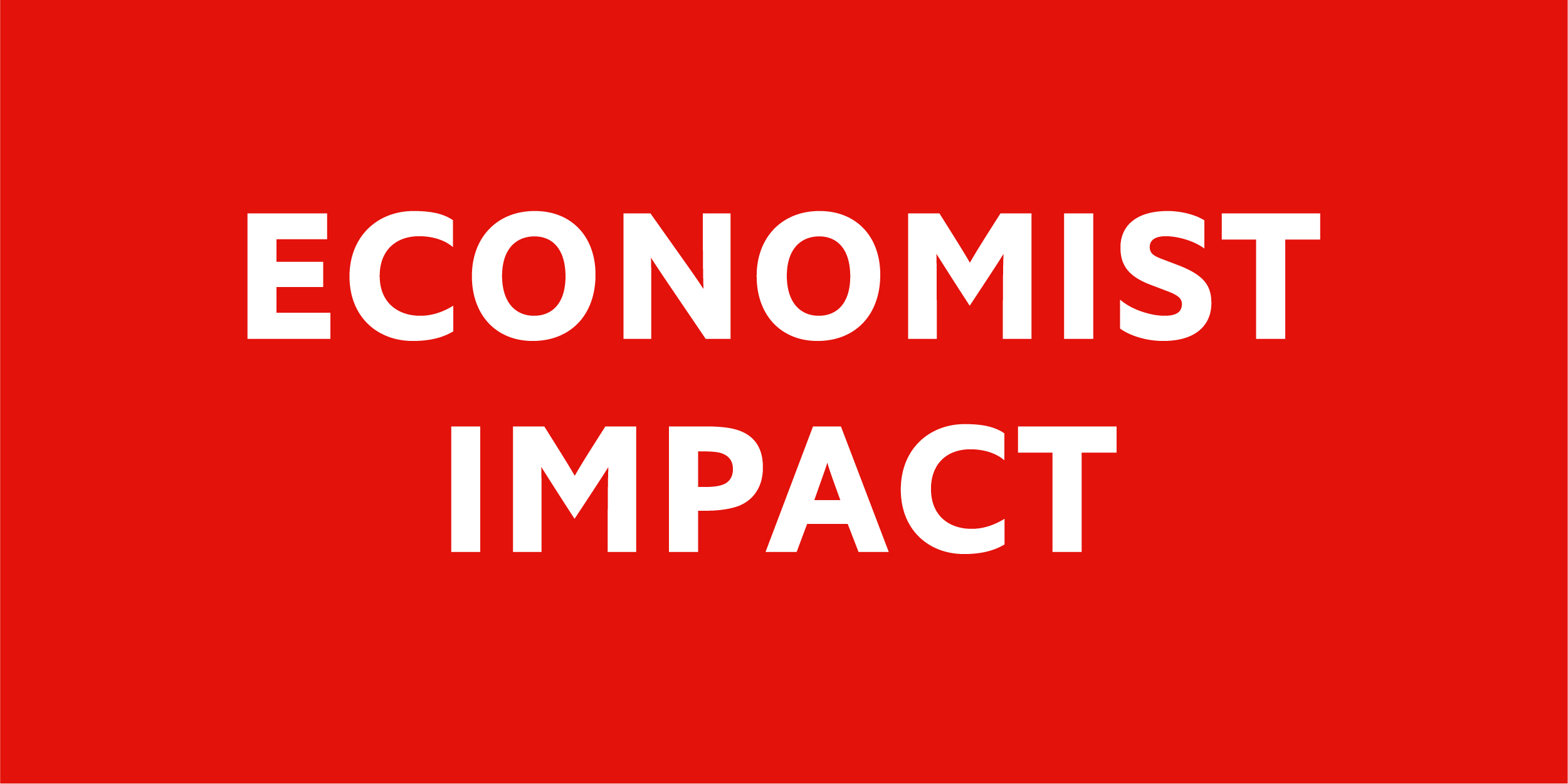Programmed by

Organisers

Co-organiser

The International Sustainability Resources & Technology Conference
Closing the gap for sustainable development: urgency, ambition and new opportunities
The Middle East is more sensitive to catastrophic weather events than other regions, owing to rising temperatures, extended droughts and greater water scarcity, resulting in expanding social inequities. Policymakers must develop clear climate regulations, enable access to technology and infrastructure, extend access to sustainable financing, and facilitate access to education to develop skills for delivering on climate action. Also important are corporate activities, driven by science, decarbonised operations and investment in the energy transition. Yet only 12% of the region's top 200 corporations have net-zero targets, and only 6% have a plan in place to reach them, according to a World Economic Forum report.
As a major supplier of energy, the Middle East has the potential to lead the way in implementing renewable solutions, particularly given its solar and wind resources. Because of the considerable contrasts among the GCC countries, regional collaboration is required to speed up decarbonisation and the energy transition. Capturing these opportunities requires redirecting investment and developing technology. How do businesses and governments turn sustainability risks into opportunities?